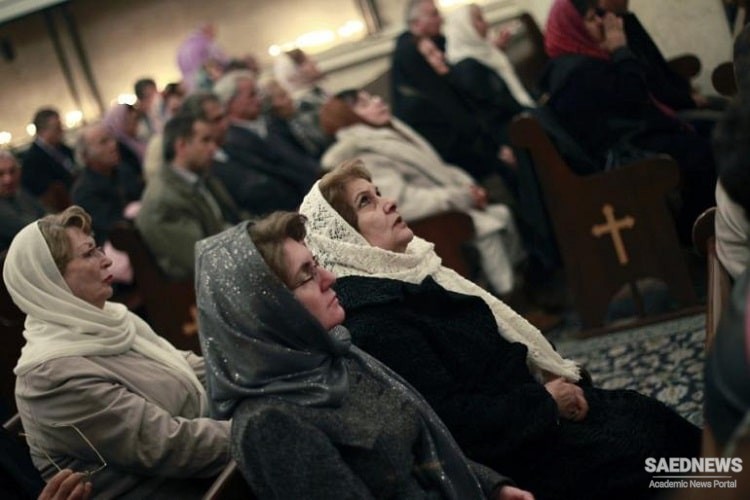The major handicap of Zoroastrians under the Arab dynasties was their link to Iranian national identity. They had dominated Iran numerically and politically for more than a thousand years. The Muslim Arabs who had had to fight them for the domination of the Iranian Plateau, considered them dangerous rivals. In the early days of their rule, the Arabs accepted Zoroastrian administrators and viziers of Zoroastrian background in their government, but after the uprisings in Iran, the only non-Muslims they relied on belonged to the Jewish or Christian faith. This was not the case before the Abbasid revolution. The war with Christian Byzantium continued long after the defeat of the Zoroastrian Sassanians.
This hostility between Muslim Arabs and Christian Byzantines caused the persecution of Christians who were suspected of allegiance to the Byzantines. Adam Mez points out that the condition of Christians under the Umayyads was even less favourable than that of the Zoroastrians and the Jews. The Zoroastrian and Jewish leaders enjoyed hereditary nobility and were called kings. The two communities paid their taxes to their respective leaders; this was not, however, the case for Christians.
In 695 Hajjaj b. Yusuf had also forbidden the election of a Catholicos, and the seat remained empty for more than 18 years. On one occasion, the patriarch of the Jacobites lamented to the Caliph that in contrast to the chiefs of the Zoroastrians and Jews, who were temporal sovereigns, he was only a spiritual leader. With the advent of the Abbasids and the transfer of the government from Syria to Mesopotamia, the policy of the Muslim Arabs towards Christians changed. As the Nestorians outnumbered the Jacobites and the Melkites in that part of the caliphate, their patriarch was chosen as the head of all Christians, just as under the Sassanians.
Because of their historical animosity towards the Byzantines, they were trusted and their leader was granted the same temporal powers as those of Zoroastrian and Jewish leaders. The Jacobites and Melkites were dismayed by the caliph’s decision. The relation between the different Christian communities was far from cordial and the ascendancy of a Nestorian patriarch over other Christians occasionally generated abuses. It was probably due to his influence that in 912 the Caliph al-Muqtadir forbade the patriarch of the Jacobites to live in Baghdad. The presence of Nestorians in the Abbasid government was not surprising. They had been present in the Sassanian court, and they composed at the beginning of the Abbasid period the largest community in Mesopotamia. As the Abbasids had chosen the former centre of Sassanian government, they recruited Nestorians for administering their empire.


 Zoroastrian Scholarship and Formation of Islamic Intellectual Life
Zoroastrian Scholarship and Formation of Islamic Intellectual Life














































